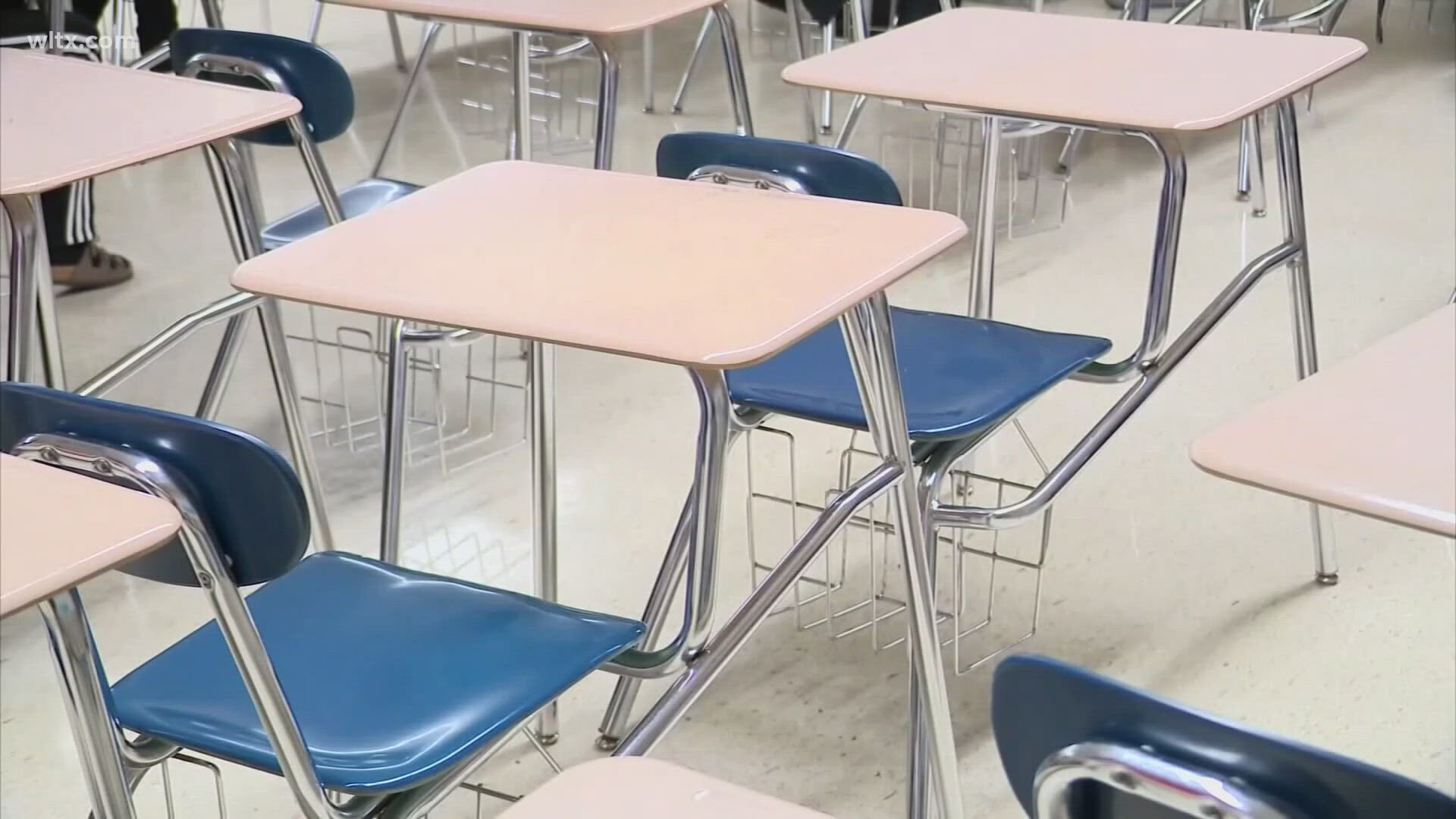COLUMBIA, S.C. — If passed, the "Transparency and Integrity in Education Act" could limit how teachers discuss race, gender, and sexual orientation and allow parents to file complaints if a teacher violates these standards.
"The concern is that the schools are teaching values that are inconsistent with the parents' values," said Senator Greg Hembree, Chairman of the Education Committee.
The bill would limit how teachers discuss concepts that some lawmakers call "values-based," like a certain race being inherently guilty for past atrocities. It would also require districts to create a complaint form for parents to fill out if they think their child's teacher violated the law.
But opponents of the bill liken it to censorship and say it's a solution to a problem that doesn't exist.
"It's an attempt to censor teachers in the classroom, to limit discussions that can take place about history and race and other topics, and however well intentioned the authors of this bill are, we know that it is a weapon they are preparing to hand to people who aim to dismantle public education," said Paul Bowers, Director of Communications for the American Civil Liberties Union of South Carolina.
It would also require districts to create a complaint form for parents to fill out if they think their child's teacher violated the law. Hembree says districts would be the ones tasked with following up on those complaints.
"Districts have different resources, different sizes, different issues. So it’s very common for us, particularly with different school districts, to use that method," said Hembree.
Lawmakers in the committee discussed taking up the bill in free conference with the rest of the legislature. That would allow lawmakers to rewrite the bill and add elements not in the previous House or Senate versions. One major point they're discussing is allowing parents to take legal action.
"Only if a parent has exhausted all administrative remedies, has gone as far as they could go and can't get any relief, then they could bring action in court," says Hembree.
It would require a supermajority vote to take the bill up in free conference, which could be as early as June 18.

